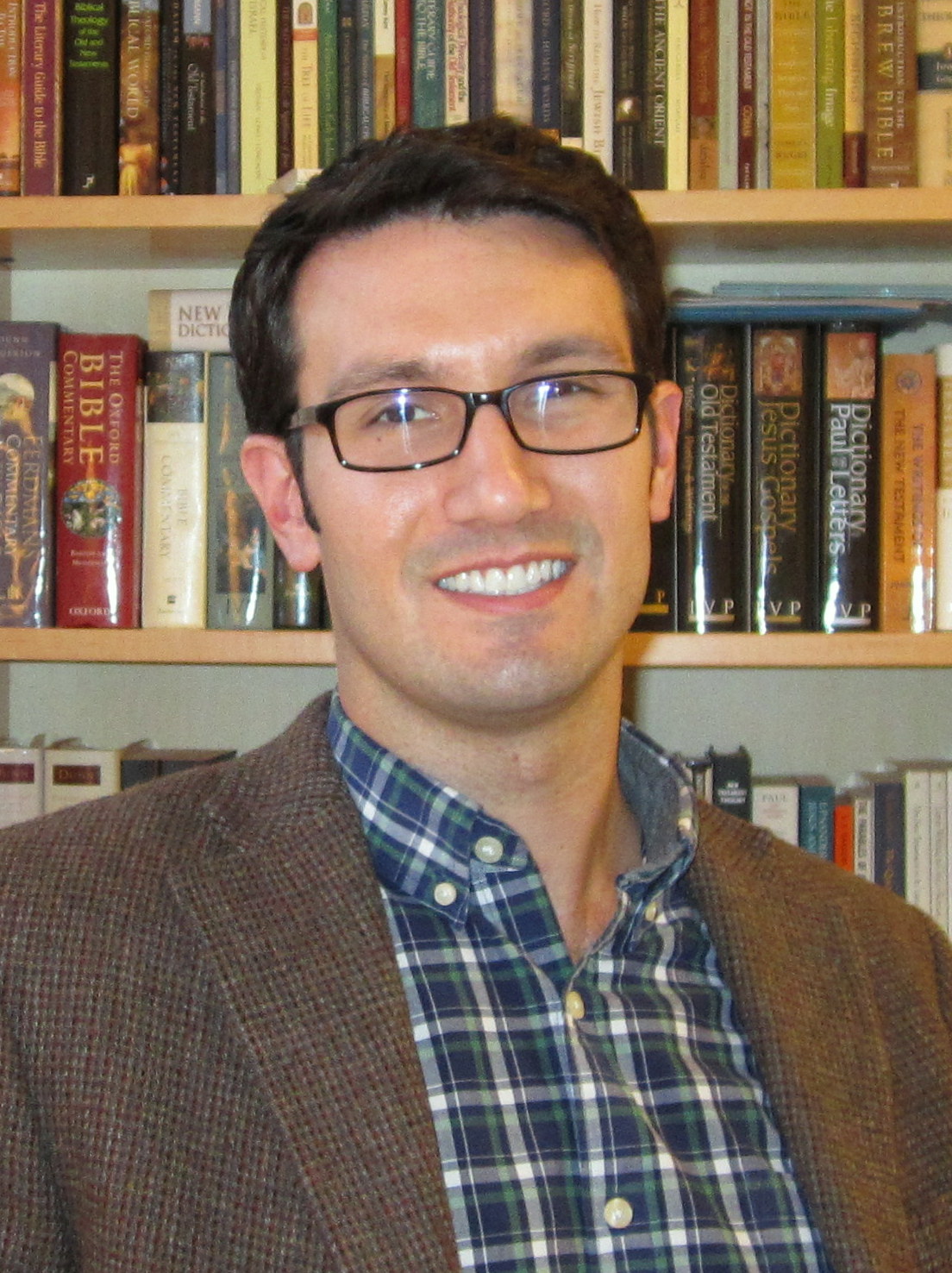Reza Aslan’s Zealot:
The Life and Times of Jesus of Nazareth is an attempt to rehabilitate the
*Jesus as a failed military revolutionary* argument that is well-known and well-worn in Jesus studies. Aslan suggests that Jesus’ regional affiliations (Galilean militants), his enigmatic statement about Roman taxation ( ROMANES EUNT DOMUS ROMANI ITE DOMUM),
attempts to keep his “messianic” aspirations a secret (a retread of Aslan’s undergraduate senior thesis), and a few of Jesus' statements about social discord make him a good
fit as a proto-Zealot. There’s more to
his case, but almost every suggestion he makes in support of his thesis is as
tenuous as the four mentioned here.
The strongest element of his case is the fact of the
crucifixion. The fact that Jesus was executed as “King of the Jews” suggests
that at least some Roman authorities recognized him as a political insurgent. But this is not nearly enough to build the
case that Aslan is trying to build: that Jesus was probably preparing his
disciples for a militant uprising.
To be
taken seriously on this point, Aslan would have to interact with David
Chapman and/or Gunnar
Samuelsson. These scholars represent
the most up-to-date researchers on the crucifixion in Jesus’ world. Aslan cites neither. If this key element of the book had been
researched with more care, Aslan might have had a better chance of overcoming
the many other deficiencies of this book.
Jesus’ preaching about God’s kingdom is undoubtedly
political. It makes sense that this
teaching was directly related to the title posted on the cross (and/or the
symbolic value of that title in Christian memory). This much is not all that controversial. Defining “political” is the key problem. Reza Aslan’s book barely touches the vast sea
of literature on this problem. In short,
this book is a surface-level (albeit well-promoted) rehash of an old puzzle in
Jesus research. Unfortunately, Aslan
brings nothing new to the table that will help us solve the puzzle. He simply
dismisses all of Jesus’ sayings about nonviolence as Christian invention. This move isn’t unheard of, but he fails to make
his case for invention adequately.
What has made this book controversial is not what Aslan says
in the book. What makes this book
controversial is that many "Jesus consumers" (I just coined that phrase and I’m
pretty proud of myself) are uncomfortable with Jesus books written by other-than-traditional-Christian
authors. Indeed, much has been make
about Aslan’s
lack of credentials, but was C.S. Lewis’ claim to expertise any different? [Insert your favorite Narnia joke here.]
—No— Aslan might be guilty of
inflating his résumé, but this is not what made the book controversial. Sadly, I would welcome more other-than-traditional-Christian
scholars in the field. I really wish
that I could endorse this book if for no other reason than to promote diversity. I am convinced that the
American news media’s fascination with Christian-Muslim relations has
overshadowed the merits of Aslan’s thesis… or lack thereof.
There it is. If you were looking for a short review of Zealot by an established Jesus geek with
fancy degrees, this is mine. The rest of
this review will be of less interest to casual "Jesus hobbyists" (I just coined
that phrase too… I ought to
drop the mic and walk off the stage now).






